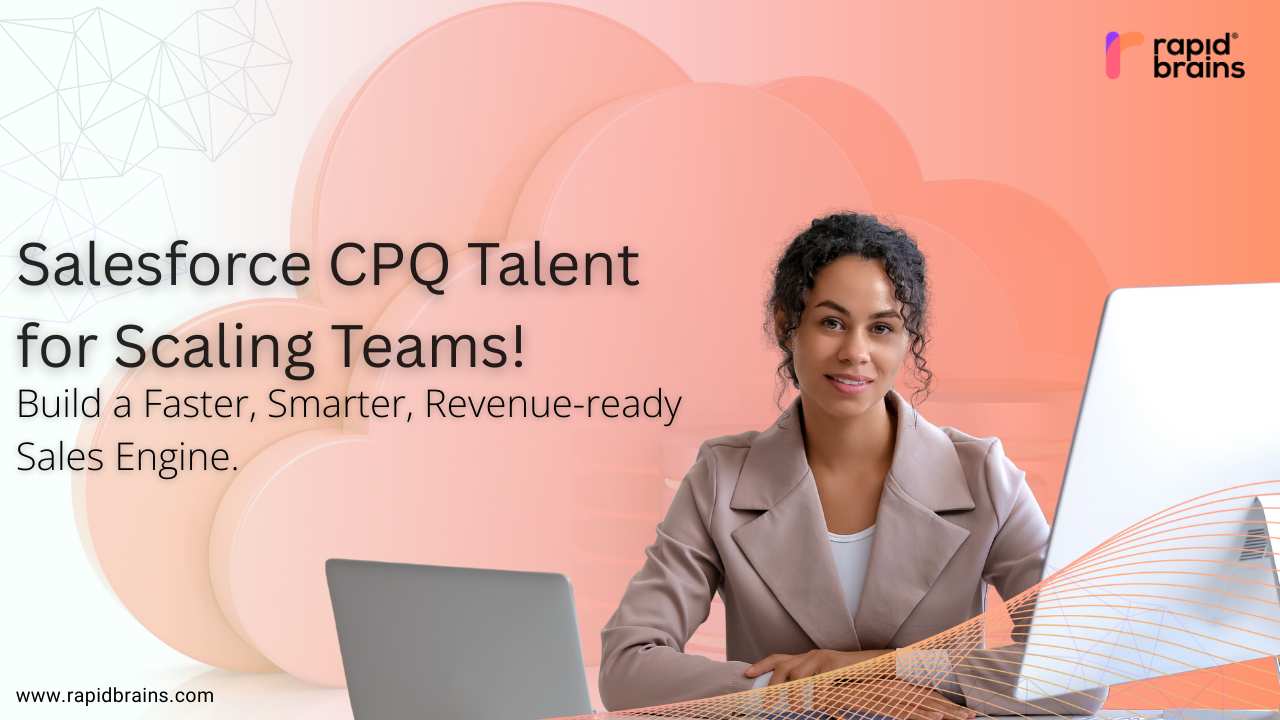
Introduction: Getting It Right from the Start
Recruiting your first developer is a milestone experience for any startup. This individual will define your product, inform your tech stack, and probably become one of your core founding team members. But too many startups make this hire incorrectly—usually with expensive repercussions.
Early on, poor hiring choices aren’t mistakes—they can sidetrack product schedules, run through precious capital, and establish the wrong building blocks for your technology crew. In this post, we’ll decompose the most common errors startups make during their first developer hiring—and how to get around them.
1. Cost Over Quality
Startups are usually short on money, so going for inexpensive hires is natural. But your first developer is not the place to cut costs.
Rushing into an experienced or overqualified developer just to save money can lead to:
- Badly written code
- Missed deadlines
- Inexpensive technical debt that costs a fortune to repay later
Instead, hire a developer who knows how to build products and work with startups—even if it’s at a slightly higher cost. You can always add junior developers down the line, but your initial hire should be able to establish the proper technical foundation.
2. Hiring without a Defined Product Vision
One of the most prevalent startup recruitment errors is hiring a developer without having a defined product roadmap or MVP scope.
If you can’t concisely describe:
- What you’re creating
- Who it’s for
- What success is
then you’re not ready to hire. A quality developer craves clarity, not confusion. Without a clear vision, even a great developer might create the wrong thing.
Before hiring, sketch out your MVP, user flow, core features, and success metrics—even if it’s a rough draft. Clarity gives your developer the freedom to make the right choices quickly.
3. Looking for a “Unicorn” Who Can Do It All
Too many founders want a developer who can write code, design, handle cloud infrastructure, develop mobile applications, and perhaps even manage a team—all in one.
That’s not going to happen.
Rather than hunting down a mythical “full-stack ninja,” specify what you actually require to launch your MVP. For instance:
- A front-end developer for a web application
- A back-end developer for an API-based product
- A mobile app developer for an iOS MVP
Specify the short-term skills you require. You can always add supporting skills later on as the team expands.
4. Denying Cultural and Startup Fit
Startups are fast-paced, high-pressure, and constantly iterating. That kind of atmosphere isn’t for everybody—even if a developer is technically sound.
When you hire, consider:
- How they deal with uncertainty
- Whether they self-manage or must be micromanaged
- If they’re stoked about starting from scratch
Their ability to try and fail quickly
Soft skills and attitude are as important as technical know-how. Your initial developer should be a builder, not merely a coder.
5. Not Involving Technical Advisors or Co-Founders
If you are a non-technical founder, it is difficult to assess a developer’s skills. Making a decision based on resumes or your gut is dangerous.
If you don’t have a technical co-founder, engage a trusted advisor or freelance CTO to:
- Screen candidates
- Coordinate technical interviews
- Get confirmation of their architecture decisions
This minimal investment will prevent you from making painful mis-hires that can hold back your startup at its most vulnerable stage.
6. Overemphasizing Credentials Rather Than Problem-Solving Skill
Startups live and die by execution. A candidate with a degree or experience at big-tech may appear impressive—but what’s actually important is how they actually solve real-world problems.When testing candidates, assess their skills in:
- Understanding your product objectives
- Logically breaking down features
- Writing clean and scalable code
- Effective communication within small teams
- Using real coding exercises pertinent to your product, rather than textbook algorithm puzzles.
7. Avoiding Trial Projects or Paid Pilots
One of the best methods to test a hire—particularly remote or contract developers—is by executing a brief trial project or paid pilot.This allows you to gauge:
- Technical quality of delivery
- Communication
- Proactiveness and response time
- Overall collaboration fit
Even a 1–2 week test sprint can show you more than a thousand interviews.
Even when you’re hiring a contractor or freelancer to create your MVP, always keep in mind how this individual could potentially develop with the company.
Ask yourself:
- Could this individual become a tech lead position?
- Would I want to leave future hires in their hands?
- Are they on the same page as the startup’s mission?
Startups require stability and forward thinking—and especially in their initial tech staff. Ensure your first developer employee is someone who can be along for the ride with you, not a temporary solution.
Hiring your first developer isn’t just about writing code—it’s about laying the foundation for your product, engineering culture, and long-term success. Avoiding common hiring missteps early on ensures faster development cycles, smoother iterations, and a scalable tech roadmap.
That’s where RapidBrains steps in. We help you find technically skilled developers who align with your vision—often within just 24 hours. Whether you’re building an MVP or scaling your team, we make your hiring process fast, reliable, and efficient. Ready to build your dream team? Let’s connect.




